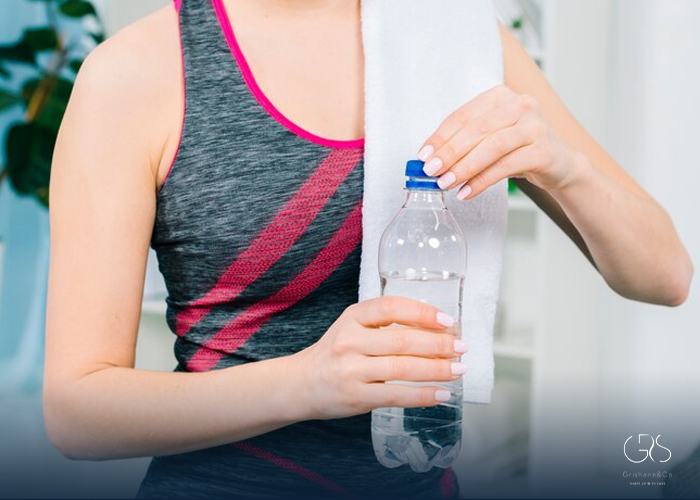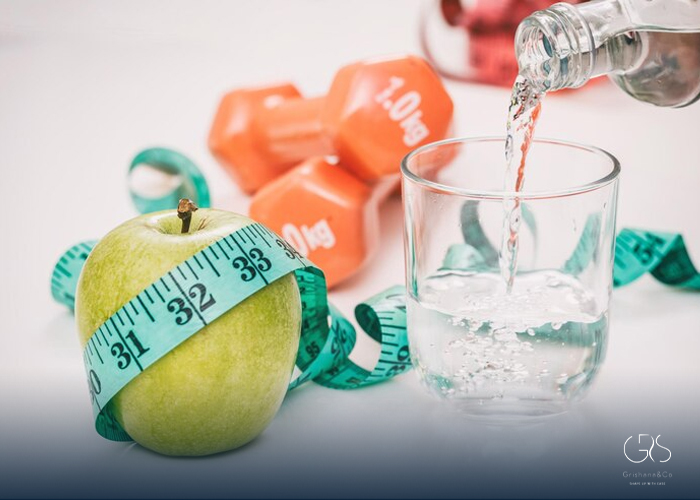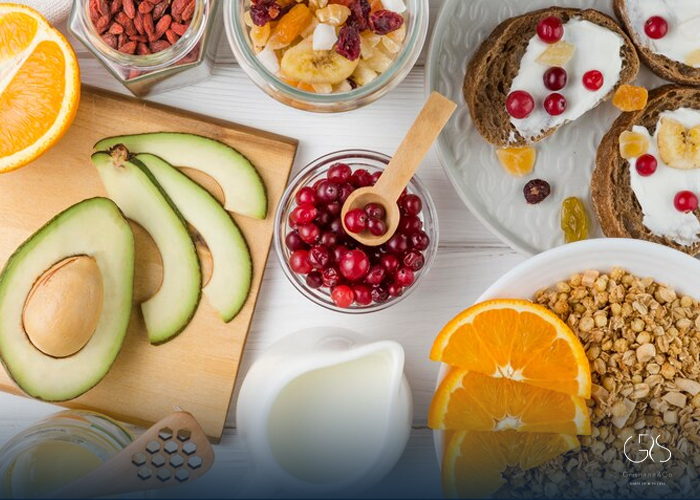Losing water weight can be an effective way to kickstart your weight loss journey or to reduce bloating. Additionally, shedding excess water weight can result in a slimmer appearance and improved overall well-being. This article will explore 9 ways to lose water weight, providing insights from diverse perspectives and incorporating relevant statistics.
1. Increase Water Consumption
Contrary to popular belief, consuming more water can actually help in reducing water weight. When the body is deprived of water, it compensates by retaining more water, resulting in bloating. According to a study from the National Institutes of Health, increasing water intake can lead to a decrease in water weight by promoting proper hydration and reducing water retention in the body.

2. Decrease Sodium Intake
Sodium, often found in processed and fast foods, is a major contributor to water retention. The American Heart Association recommends limiting sodium intake to no more than 2,300 milligrams a day, with an ideal limit of 1,500 mg per day for most adults. By reducing sodium consumption, individuals can minimize water retention and lower overall water weight.
3. Increase Potassium-Rich Foods
Potassium, an essential mineral, plays a vital role in maintaining the body’s fluid balance. Foods such as bananas, sweet potatoes, and spinach are rich in potassium and can help counteract the effects of sodium, thus reducing water retention. According to a study published in the British Journal of Nutrition, a high-potassium diet may assist in decreasing water weight and bloating.
(I recommend checking out my article on the health benefits of bananas for valuable insights)
4. Exercise Regularly
Regular physical activity can aid in reducing water weight by promoting perspiration and enhancing circulation. Engaging in cardiovascular exercises like running, swimming, or cycling can help the body to eliminate excess water through sweat. Additionally, the National Institute of Diabetes and Digestive and Kidney Diseases highlights the benefits of regular exercise in maintaining a healthy fluid balance in the body.
(I recommend reading my article about the health benefits of swimming)

5. Consume Natural Diuretics
Natural diuretics, such as dandelion extract, green tea, and cranberry juice, can aid in reducing water retention by stimulating the kidneys to excrete excess water. However, it is essential to use natural diuretics in moderation and seek professional advice, as excessive use may lead to dehydration and electrolyte imbalance.
6. Mindful Eating
Mindful eating practices, such as chewing slowly and savoring each bite, can aid in reducing bloating and water retention. By avoiding overeating and focusing on portion control, individuals can prevent excessive water weight gain associated with consuming large meals in one sitting.
7. Avoid Refined Carbohydrates
Refined carbohydrates, including white bread, pasta, and sugary snacks, can lead to spikes in insulin levels, resulting in water retention. Choosing whole grain alternatives and incorporating fiber-rich foods into the diet can assist in stabilizing blood sugar levels and reducing water weight. According to a study published in the Journal of Nutrition, increasing dietary fiber intake can contribute to a decrease in water weight.
8. Get Sufficient Sleep
Inadequate sleep is linked to hormonal imbalances that can contribute to water retention. The National Sleep Foundation recommends 7-9 hours of sleep per night for adults, highlighting the importance of sufficient rest in maintaining a healthy fluid balance and reducing water weight.
(I recommend reading my article on sleep duration for more information.)
9. Manage Stress
Chronic stress can lead to the overproduction of cortisol, a hormone that may cause water retention. Implementing stress-reducing techniques such as yoga, meditation, or deep breathing exercises can help in managing cortisol levels and minimizing water retention. The American Psychological Association emphasizes the significant role of stress management in overall well-being.
(I recommend checking out my article on mind-body stress for more information.)
(Read more about benefits of breathing exercises)
What Causes Water Weight?
Water weight, also known as water retention or edema, occurs when excess fluids build up in the body’s tissues. Several factors can contribute to water weight gain, including:
Certain Medications and Cortisol Levels: Some medications, such as corticosteroids, nonsteroidal anti-inflammatory drugs (NSAIDs), and certain antidepressants, can lead to water retention as a side effect. Cortisol, a stress hormone, when elevated due to chronic stress, can also contribute to water retention.
Hormonal Birth Control and Menstruation: Hormonal fluctuations associated with birth control pills and the menstrual cycle can result in water retention. Many women experience bloating and water weight gain during their menstrual cycle due to hormonal changes.
Poor Circulation: Conditions that affect blood circulation, such as varicose veins or heart failure, can lead to fluid buildup in the body’s tissues, causing water weight gain.
Pregnancy: During pregnancy, hormonal changes and increased blood volume can lead to water retention, particularly in the lower extremities.
Salty and Carbohydrate-Heavy Foods: Consuming a diet high in sodium and refined carbohydrates can contribute to water retention by increasing fluid retention in the body’s tissues.
Travel: Prolonged periods of sitting during travel, especially on long flights, can lead to water retention due to decreased circulation and movement.

Conclusion
Incorporating these 9 strategies for losing water weight can have a positive impact on both physical and mental health. By increasing water consumption, regulating sodium and potassium intake, engaging in regular exercise, and adopting mindful eating habits, individuals can effectively reduce water weight and enhance their overall well-being. It is important to consult with a healthcare professional before making significant changes to diet or exercise routines, particularly for individuals with underlying health conditions.
Sources
- WebMD, 9 Foods to Help You Lose Weight
- Healthline, 8 Easy Ways to Lose Water Weight (Fast and Safely)
- Mayo Clinic, Can natural diuretics reduce fluid retention and help with weight loss?










